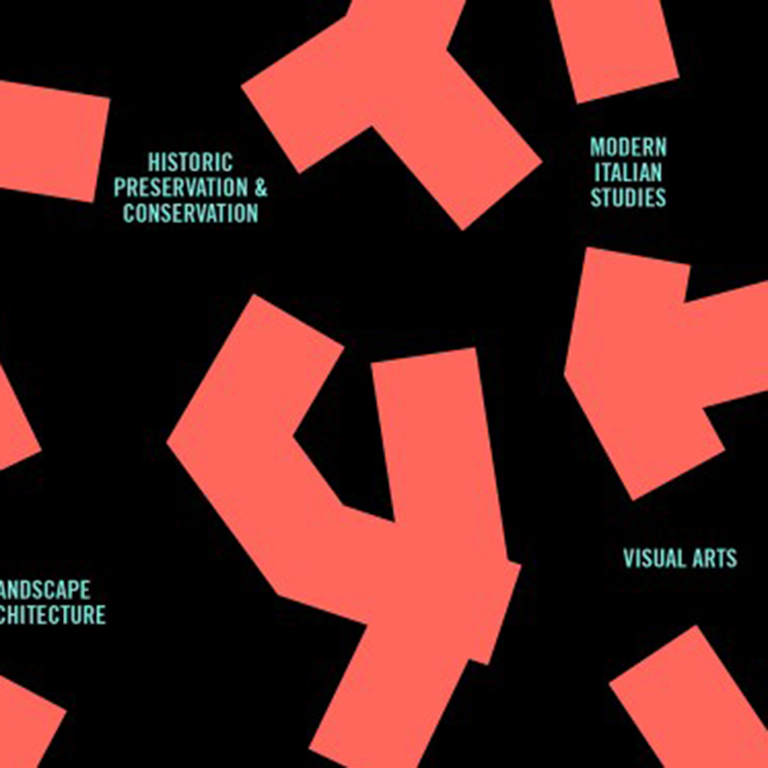Ph.D. candidate Sean Tandy was awarded a 2018-2019 Rome Prize for his project entitled "Carmina Qui Quondam: Poetry, Identity, and Ideology in Ostrogothic Italy." Presented by The American Academy in Rome, "these highly competitive fellowships support advanced independent work and research in the arts and humanities. This year, 29 Rome Prizes were awarded to 29 artists and scholars, who will each receive a stipend, workspace, and room and board for a period of five months to two years at the Academy’s eleven-acre campus in Rome."
Project summary of "Carmina Qui Quondam: Poetry, Identity, and Ideology in Ostrogothic Italy":
“Carmina qui quondam” argues that during the Ostrogothic Period (493–554 AD) the Roman elite in Italy utilized poetry both to maintain class cohesion and to exert political power. The dissertation utilizes major literary and historic sources from the period, such as the writings of Boethius and Cassiodorus, alongside shorter texts preserved in epigraphic and paleographic sources. Tandy draws on this archive, as well as modern theories of identity and ideology derived from sociology and political science, to examine the ways in which the Roman elite utilized poetry to distinguish themselves from the newly arrived and ethnically distinct Gothic military elite. He argues that poetry functioned as a sign marking elite wealth, education, and connection with the Roman past; elites thus used poetry to promote their ideological agendas among competing aristocratic factions as well as within the Gothic military elite. In this way, Tandy contends that poetry in this period was not only a “literary” phenomenon, but also a powerful force for motivating human action and influencing historical change.



 The College of Arts
The College of Arts